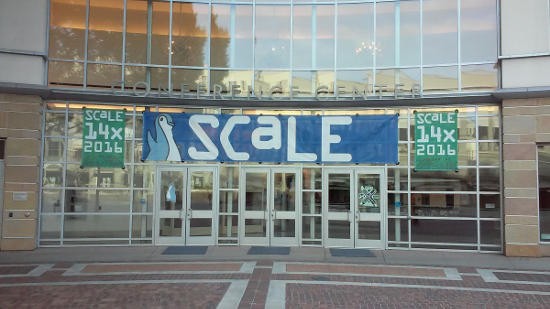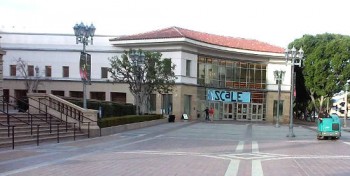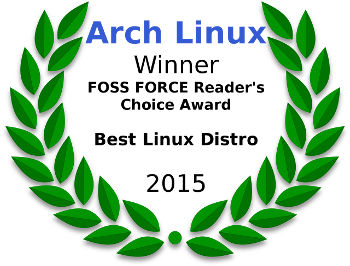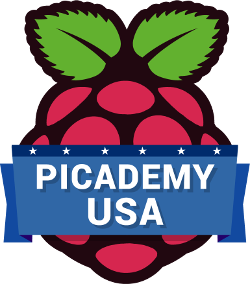POSSCON 2016
POSSCON has been cancelled. The surprise announcement was made Thursday by way of an email from IT-oLogy, the nonprofit organization which hosts the event. The conference, which focuses on the enterprise and is targeted at IT professionals who develop or use open source software, was scheduled to be held in Columbia, S.C. on April 12-13.
 This is the second time in three years that IT-oLogy’s longest running conference has been cancelled. In 2014 the event was cancelled, evidently due to logistical problems as IT-oLogy was in the process of launching the first Great Wide Open conference in Atlanta. Last year there was no Atlanta event, and POSSCON was successfully rebooted in Columbia, attracting around 850 atendees.
This is the second time in three years that IT-oLogy’s longest running conference has been cancelled. In 2014 the event was cancelled, evidently due to logistical problems as IT-oLogy was in the process of launching the first Great Wide Open conference in Atlanta. Last year there was no Atlanta event, and POSSCON was successfully rebooted in Columbia, attracting around 850 atendees.
Christine Hall has been a journalist since 1971. In 2001, she began writing a weekly consumer computer column and started covering Linux and FOSS in 2002 after making the switch to GNU/Linux. Follow her on Twitter: @BrideOfLinux




 Linux Foundation adopts plantation model: The biggest FOSS story this week came on Wednesday when free software activist and Linux kernel developer Matthew Garrett made public that on last Friday the Linux Foundation had
Linux Foundation adopts plantation model: The biggest FOSS story this week came on Wednesday when free software activist and Linux kernel developer Matthew Garrett made public that on last Friday the Linux Foundation had 



 Huh. He doesn’t know any poor people he says. Well “what a coincidence”, I told him. “Neither did I until I started looking for them.” That was the last I saw or heard from said person, and it’s all for the better. We didn’t seem to have much in common.
Huh. He doesn’t know any poor people he says. Well “what a coincidence”, I told him. “Neither did I until I started looking for them.” That was the last I saw or heard from said person, and it’s all for the better. We didn’t seem to have much in common.

 What is Picademy? Picademy is a two day series of classes taught by
What is Picademy? Picademy is a two day series of classes taught by